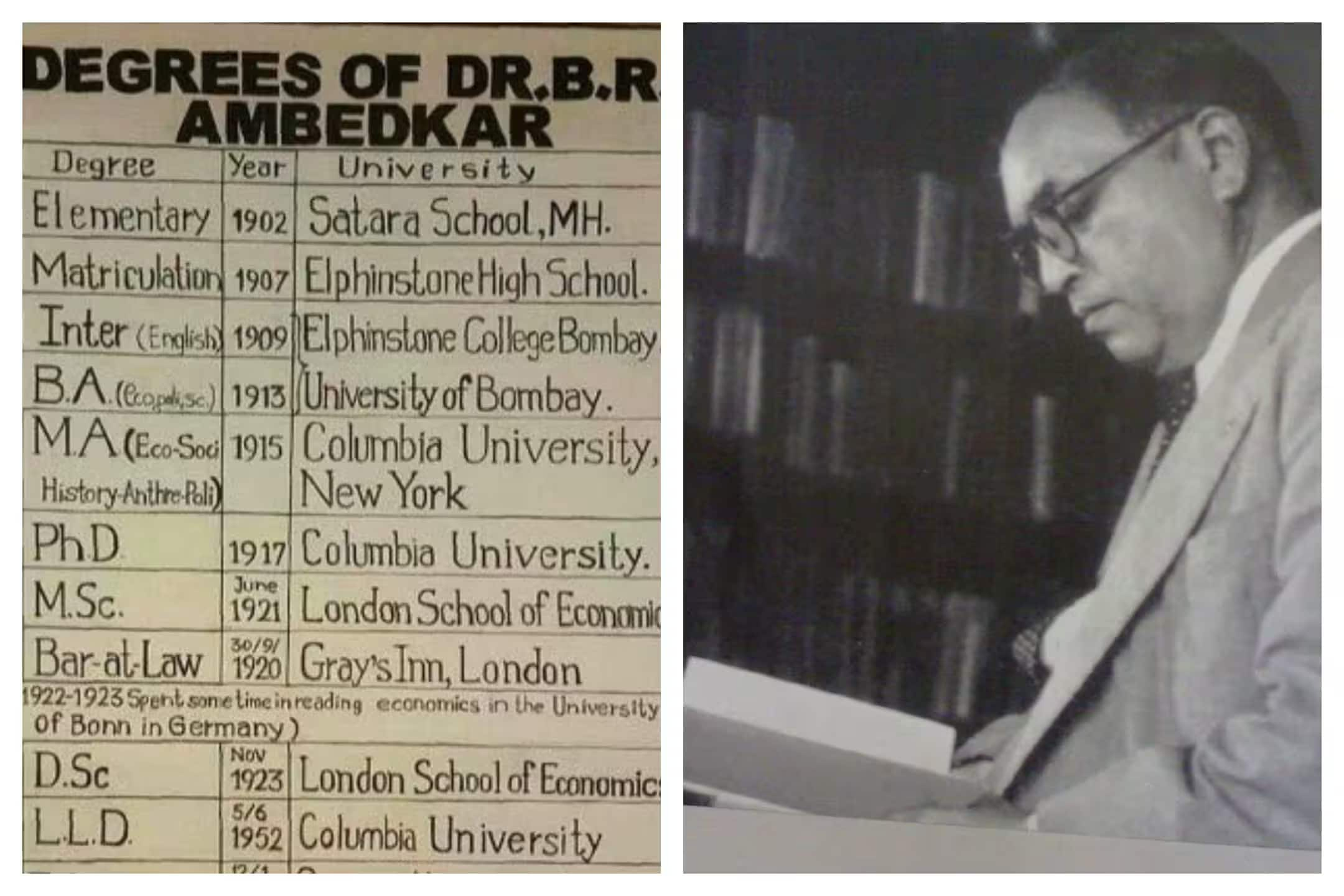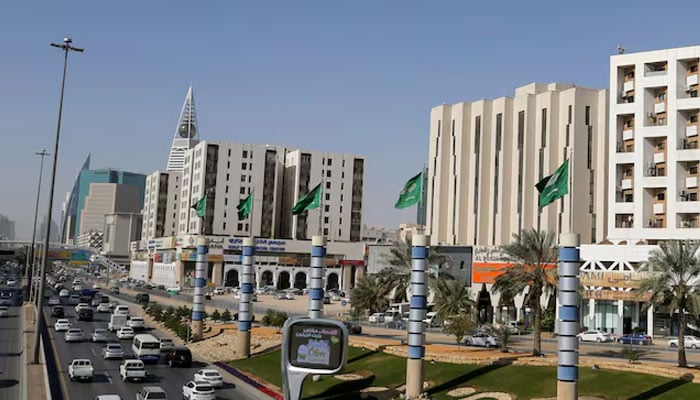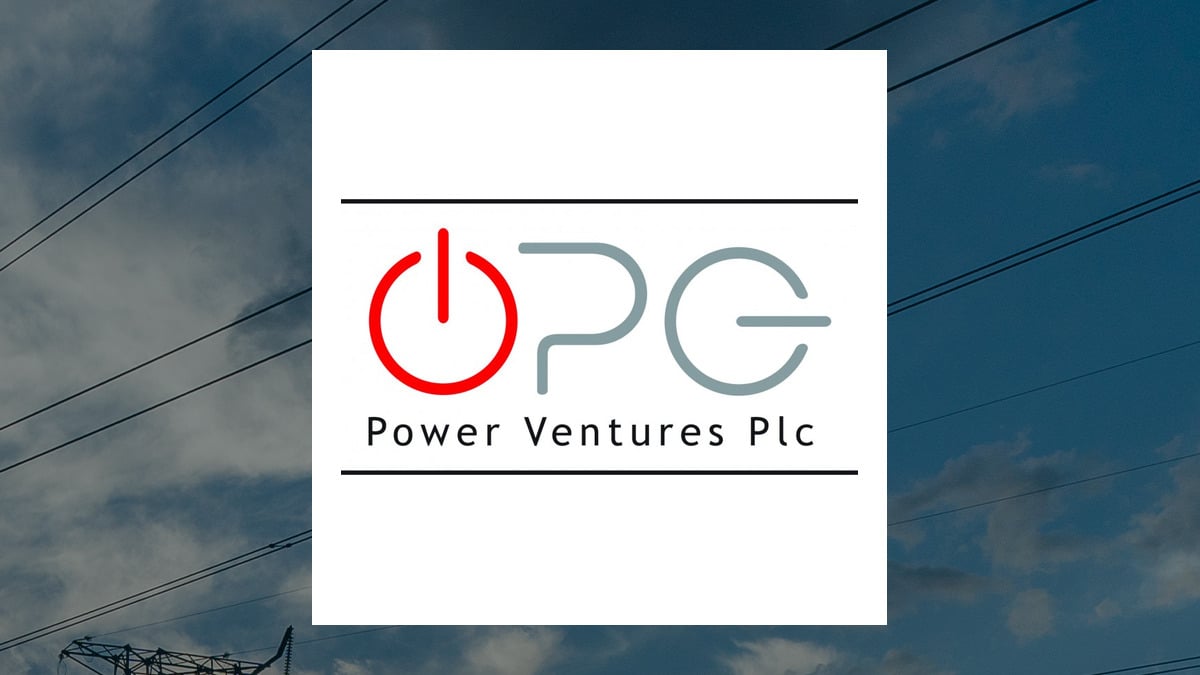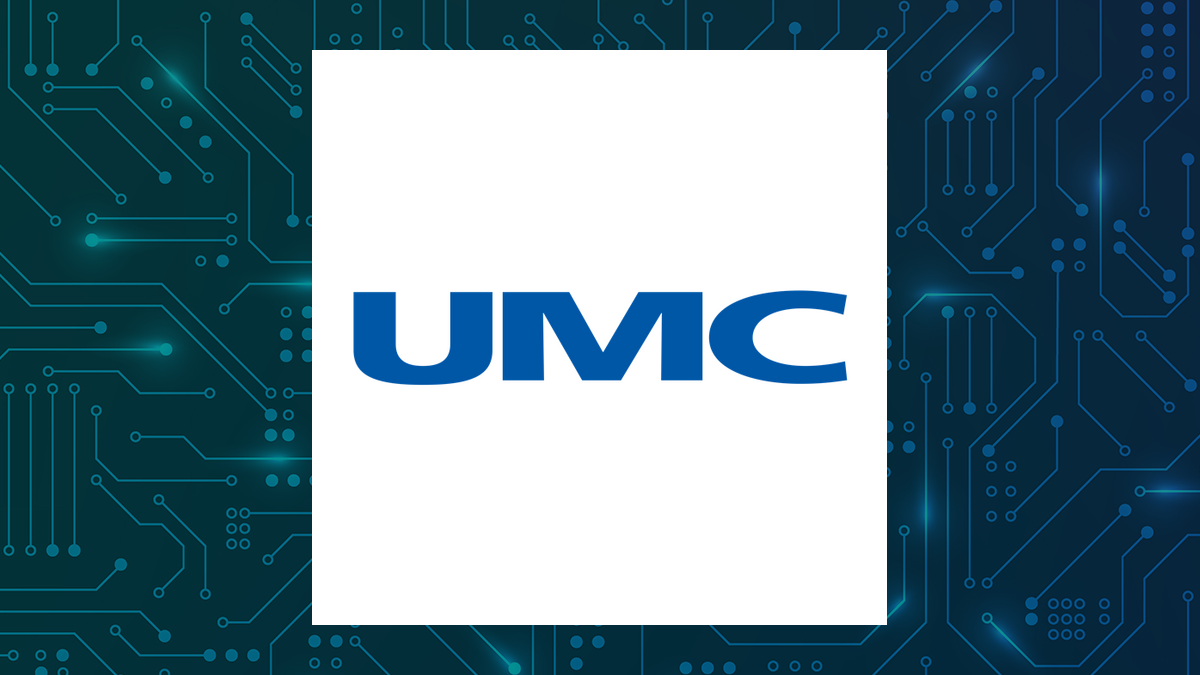
Chinese electric buses subsidised by UK taxpayers By PATRICK TOOHER Updated: 21:51, 21 December 2024 e-mail View comments Chinese firms are pocketing more than half the taxpayer-funded subsidies earmarked for new zero-emission buses under a 'buy British' scheme, The Mail on Sunday can reveal. More than £400 million of grants have been made available to encourage bus companies to switch to all-electric fleets as part of Government plans to meet ambitious net zero targets. But the bulk of the cash is going to two Chinese companies and their affiliates who dominate the bus-building market – despite there being proven British alternatives, including one that converts existing diesel vehicles into electric ones.
British bus makers say state aid rules left in place after Britain quit the EU mean local authorities cannot favour domestic suppliers when awarding public contracts. As a result the Chinese firms who undercut on price have cornered the electric bus market with BYD making up nearly half and Yutong another ten per cent, according to latest figures from the Government funded Zemo Partnership. They have received more than £200 million from taxpayers under the Zero Emissions Bus Regional Area (Zebra) scheme, which supports councils outside London as they introduce all-electric fleets.

Net zero: More than £400 million of grants have been made available to encourage bus companies to switch to all-electric fleets In 2020, Boris Johnson as Prime Minister pledged to back the purchase of at least 4,000 new zero emission buses across the UK. The target has almost been met, with 3,820 battery-powered vehicles on the road by September 2024, according to official figures. But that represents only a tenth of all buses in service.
The rest are either diesel-powered or hybrids. One option, known as repowering, converts diesel buses to battery-power, rather than building electric ones from scratch. It extends the life of a vehicle's chassis and bodywork, develops manufacturing skills and strengthens domestic supply chains in the UK's industrial heartlands.
But the Zebra scheme only accepts bids for new, not repowered, buses. 'Repowering is a game-changer, but receives no incentive from the Government to consider it as a serious alternative,' said Marcus Jenkins, co-founder of Magtec, an electric vehicle specialist based in Rotherham, south Yorkshire. With 'a level playing field' for subsidies, Jenkins reckons buses could be converted at half the cost of making new electric ones.
'It needs the same investment as that of current UK taxpayer-funded grants being given to China's bus makers,' he said. RELATED ARTICLES Previous 1 Next FirstGroup to re-enter London bus market amid rail..
. British car production plunges to its lowest level in more..
. Share this article Share HOW THIS IS MONEY CAN HELP How to choose the best (and cheapest) stocks and shares Isa and the right DIY investing account Alexander Dennis, one of Britain's biggest bus makers, recently laid off 130 staff at its Falkirk head office and axed a Zebra joint venture with BYD amid concerns about the Subsidy Control Act. This prevents domestic producers being favoured over foreign manufacturers when contracts with public subsidies are awarded.
But British bus makers say other countries, such as Germany and Sweden, routinely flout these rules in favour of their own suppliers. BYD has come under fire for its alleged use of forced labour in its supply chain. A recent report from Human Rights Watch claimed BYD and other electric vehicle makers may be using aluminium produced by Uyghurs in Xinjiang.
BYD says it is 'committed to conducting business ethically, with integrity and in compliance with laws in the countries in which it operates. It added: 'This includes improving our practices to combat slavery and human trafficking in our business and supply chain.' News of the payouts to BYD and Yutong comes amid tension between the UK and China over the Prince Andrew spy row.
The Department for Transport said the UK was 'a global leader in bus manufacturing' and schemes such as Zebra help 'ensure British manufacturers continue to succeed'. DIY INVESTING PLATFORMS AJ Bell AJ Bell Easy investing and ready-made portfolios Learn More Learn More Hargreaves Lansdown Hargreaves Lansdown Free fund dealing and investment ideas Learn More Learn More interactive investor interactive investor Flat-fee investing from £4.99 per month Learn More Learn More Saxo Saxo Get £200 back in trading fees Learn More Learn More Trading 212 Trading 212 Free dealing and no account fee Learn More Learn More Affiliate links: If you take out a product This is Money may earn a commission.
These deals are chosen by our editorial team, as we think they are worth highlighting. This does not affect our editorial independence. Compare the best investing account for you Share or comment on this article: Chinese electric buses subsidised by UK taxpayers e-mail Add comment Some links in this article may be affiliate links.
If you click on them we may earn a small commission. That helps us fund This Is Money, and keep it free to use. We do not write articles to promote products.
We do not allow any commercial relationship to affect our editorial independence. More top stories.










-ltd-logo-1200x675.png?v=20241211120412)




